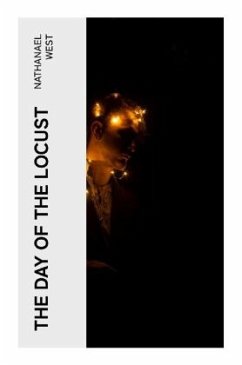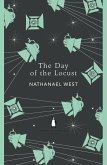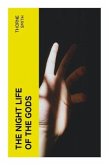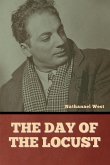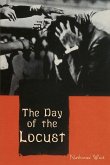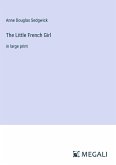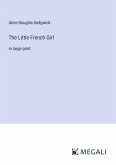Nathanael West's "The Day of the Locust" is a scathing critique of the American Dream set against the backdrop of 1930s Hollywood. Through a blend of vivid imagery and surrealist elements, West crafts a narrative that encapsulates the disillusionment and desperation experienced by a host of characters, ranging from aspiring actors to disenchanted dreamers. The novel's literary style is marked by its sharp, satirical tone and fragmented structure, reflecting the chaos and moral decay of a society obsessed with fame and success. West's work is a poignant commentary on the illusionary nature of Hollywood, exploring themes of identity, ambition, and the dark undercurrents of desire that entrap individuals within the glitz of the film industry. Nathanael West, an influential figure in American literature, drew upon his own experiences and observations of life in Los Angeles to write this seminal work. Having faced his own struggles with acceptance in the literary scene and influenced by the burgeoning film industry, West infused "The Day of the Locust" with his profound insights into societal aspirations and failures. His tragic life and untimely death only amplify the urgency and relevance of his commentary on Americana. This novel is essential reading for anyone interested in a deep exploration of cultural critique through literature. West's brutal honesty and sharp wit not only expose the contradictions of the American Dream but also invite readers to reflect on their own desires and ambitions. "The Day of the Locust" remains a hauntingly relevant masterpiece that resonates with contemporary readers navigating the complexities of success and identity.
Bitte wählen Sie Ihr Anliegen aus.
Rechnungen
Retourenschein anfordern
Bestellstatus
Storno

